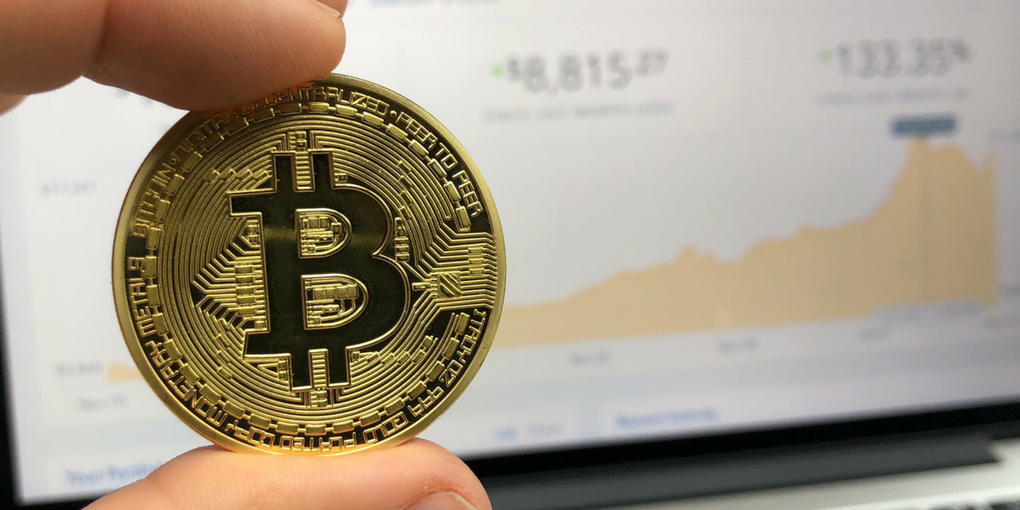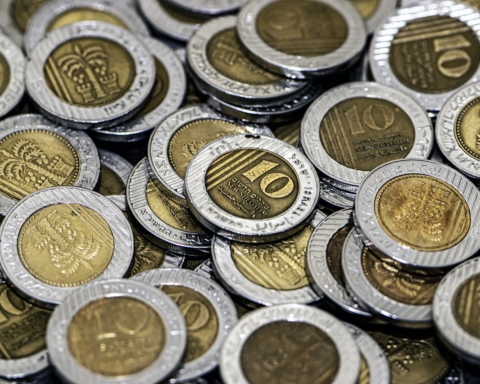Not surprisingly, banks and Bitcoin aren’t getting along. In the most recent flurry of financial mayhem, droves of peoples are buying Bitcoin, and the banks around the world are not on board. The Bank of Israel stated that they will not recognize cryptocurrencies as legitimate currency, and it is currently considered a digital asset. While the banking system acknowledges the need to create a set of guidelines for how to manage the cryptocurrency market, many seem to be blatantly avoiding the issue.

In Tel Aviv, there seems to be a gold rush to the closest Bitcoin location, where people are waiting in line to invest in the digital currency. Bitcoin is the most popular of cryptocurrencies, and is defined as a “peer to peer electronic cash system.” The appeal of bitcoin is the software it sits on, called the blockchain, which allows two parties who might not trust each other, to complete a transaction securely.
It’s the most innovative and perhaps ideological financial platform to date, as it’s changing the way individuals are able to invest money, make payments, and most importantly, eliminate the middleman, in this case the larger banking institutions.
Banks might fear what Bitcoin may become, as it’s a decentralized private entity which has brought thousands of early investors into a game where paper money might one day become obsolete. Today, over 100,000 merchants accept Bitcoin.
Many mysteries remain around the new digital currency and the power of the virtual market. Even the founder of Bitcoin is an unknown source, only known as Satoshi Nakamoto.
While the beauty of Bitcoin and other entities like it are the removal of the banking system, the banks should quickly take note of the cryptocurrency market – and the potential of this new brand of financial innovation bubble which may eventually burst, or flourish freely.








